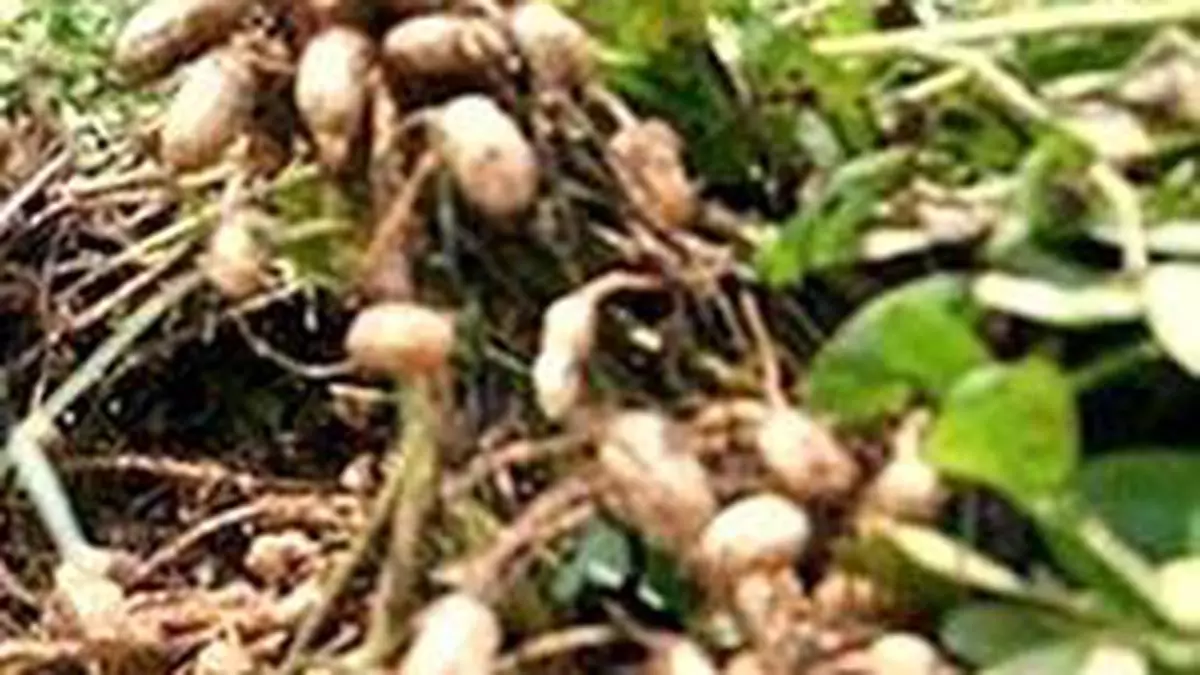Oilseeds sowing picks up despite delayed monsoon onset: SEA
The Solvent Extractors Association (SEA) in India said oilseed sowing had rebounded despite the late onset of the monsoon.
In his monthly message to members of the association on Monday, Ajay Jonghunwala, President of SEA in India, said the acreage under oilseeds was reported at 139.3 hectares (lh) as of July 14, compared to 137 lh during the corresponding period a year earlier.
However, he said, there was a decrease of 1.86 liters in the soybean acreage. He said that the area of groundnuts has increased by 2.13 liters due to the beneficial rains from the cyclones.
Noting that The monsoon is doing relatively wellHe said that most oilseed producing areas receive sufficient rain for sowing.
Northwestern and central India received excess rain until July 12, although eastern and northeastern India still faced a deficit. Overall, the country has received 2 percent above average rainfall, he said, adding that sowing has now picked up despite a slow start due to the late onset of the monsoon.
Also read: India’s edible oil imports rose 39% in June as RBD palm oil shipments rose
Higher yield on a typical farm
SEA has been working on a wheel model farm for the past seven years. SEA, together with Solidaridad, have been working on model mustard plantations for the past four years. Regarding the results of these initiatives, he said that yields increased by 30-50 percent in both crops.
During the current season, SEA, along with Solidaridad, launched a pilot farm program for peanuts and rice in Madhya Pradesh, Rajasthan and Uttar Pradesh with over 200 farms to start with.
Worried about lower prices
Regarding the domestic prices of edible oil, Jhunjhunwala said the government is very concerned about the domestic price of edible oil and expects a price drop in line with the downturn in the international market.
Also read: The Ministry of Agriculture is required to determine the proportion of edible oil blends
In recent virtual meetings with officials from the Department of Food and Public Distribution, we discussed the low prices of edible oil in the country compared to the low global prices. We’ve reported that the major brands have already cut their edible oil prices over the past few months in line with the downturn in the global market. We urge all members to lower the maximum retail price and distributor price for edible oils in line with the scenario of lowering the international market.”
He said distributors have been asked to monitor the retailers in their network to ensure that the profit margin is also reduced along with the maximum retail price, and that the selling price of the old shares traded in the market is in line with the latest price cut.
Expansion of the Thai palm area
He noted that Thailand is expanding oil palm plantations, and said that they produce about 3.2-3.5 million tons of palm oil. big Part of that is exported to India.
Also read: It’s time to adapt the system of regenerative farming in oil palm
He said SEA had received an invitation from the Government of Thailand to dispatch a trade delegation to Surat Thani (southern Thailand) to study the Thai palm oil complex and to strengthen the direct relationship between Thai producers and suppliers of palm oil and Indian importers and refiners.
He will lead a 20-member delegation to Thailand from August 23 to 27.
